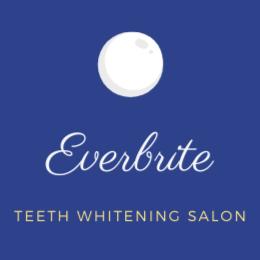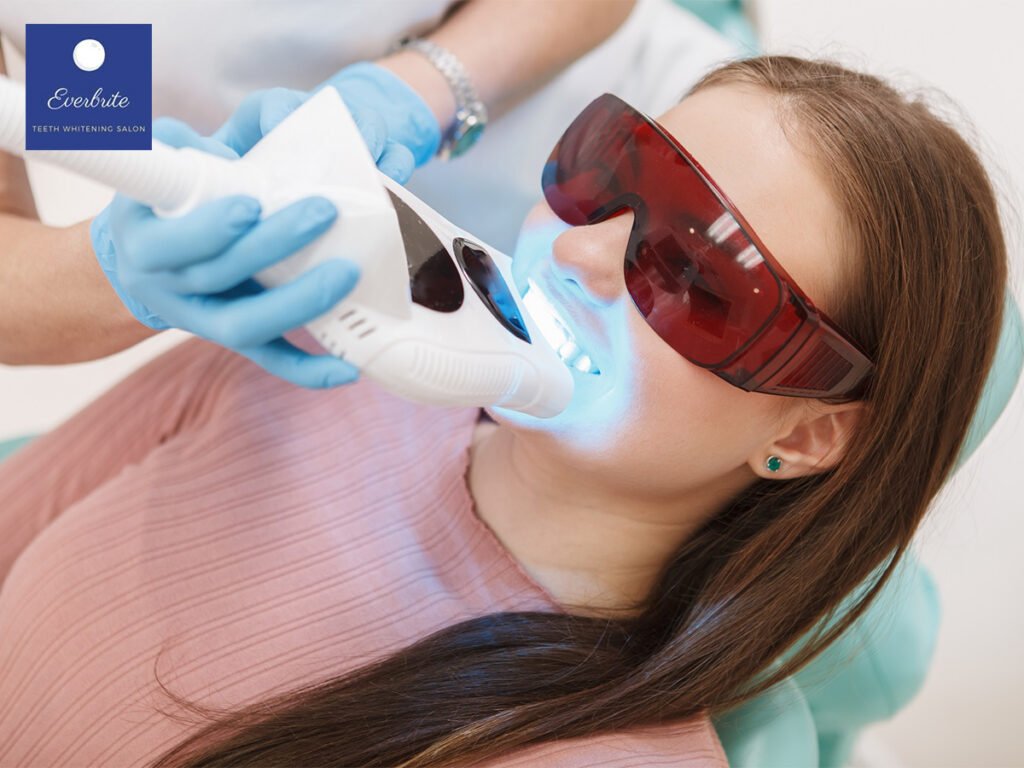What to Know Before Brightening Your Smile at Any Age… Over time, teeth are bound to age, yellow, dull, and surface stains are a common occurrence. Most individuals above the age of 40 find themselves wondering: Is it possible to safely whiten older teeth?
Particularly when the gums already tend to be sensitive and the teeth are less strong than they used to be. You might be tempted to try painless teeth whitening, but wonder if that option exists for aging mouths.. This blog uncovers the reality of whitening in seniors—what is safe, what to steer clear of, and how to select the ideal treatment.
What Makes Older Teeth More Sensitive?
The outer protective layer of your teeth gets thinner. Gums might recede a bit. And nerves that used to be tucked away now feel a little more exposed.
So when harsh whitening products hit those spots, it can feel like a zing—sometimes even a sharp ache. That’s why older teeth don’t always love those over-the-counter strips and kits.
But the good news? There are options that are made with this exact situation in mind—less intense, more targeted, and way more comfortable.
What Whitening Options Work Best for Aging Teeth?
Not all whitening treatments are the same, especially when your teeth have been through a few more decades of use. Here’s what tends to work best:
1. Professional Whitening at a Salon or Dental Office
These treatments are done under supervision and use gels that are stronger than store-bought—but still gentle. Plus, they protect your gums and only hit the teeth.
2. Custom Take-Home Kits from Professionals
These are great for a slow and steady approach. The trays are molded to your teeth, so there’s way less risk of irritating your gums. The whitening gel is usually lower-strength but still effective.
3. Natural or Low-Impact Alternatives
These are whitening toothpastes and mouth rinses that gradually decrease stains. They provide a good option for individuals who have extreme sensitivity or a history of dental work.
Where Can You Find Affordable and Safe Whitening?
It’s simple to assume professional whitening is costly. However, in most situations, affordable teeth whitening is possible through clinics providing cosmetic treatments. These facilities have various packages to accommodate different budgets, particularly for the elderly or individuals seeking mild fixes.
Furthermore, the Teeth Whitening Cost in NJ has also become more negotiable in recent years because of competition as well as rising demand. That implies a larger array of both affordable and medically acceptable options.
You get focused care without paying for extras you don’t need.
Who Should Avoid Certain Whitening Products?
There’s no shame in asking, “Is whitening even for me right now?” If you have:
- Gum disease
- Major gum recession
- Sensitive teeth that hurt often
- A lot of crowns, veneers, or fillings on visible teeth
…it’s smart to check with a professional before diving into any treatment. Whitening may not produce the same results on artificial surfaces, and misapplied treatments may be uncomfortable or even worsen the wear.
Users of over-the-counter strips have commonly reported more pain or irregular results—especially when gums are already weak.
When Should You Whiten? (And When to Wait)
Timing is more important than people know. Post-dental cleaning is best because plaque and tartar are taken out of the way, so whitening agents can work more effectively. And don’t get treatments if you have existing gum pain or are having dental repairs done.
Also, don’t try three different whitening products back-to-back. More is not always better—especially for sensitive teeth. The right time selection makes sure that the whitening process does not make things worse.
What Can You Expect After Whitening?
If you go the gentle route, you probably won’t feel much discomfort at all. Some people feel a tiny bit of sensitivity for a day or two. That’s normal and usually goes away fast.
Your results will depend on your teeth’s natural color, your habits (yes, coffee counts!), and what kind of product you use. Expect results to last a few months, especially if you:
- Use a straw for dark drinks
- Rinse after coffee or wine
- Brush with a whitening toothpaste
- Avoid smoking
No magic tricks—just small habits that protect your investment.
Conclusion: Can You Really Whiten Without the Worry?
Yes—once you know what to do. Painless teeth whitening of aging teeth and gums is not just a dream—it’s a real possibility if done with care. With new technology and wiser treatments, you no longer must sacrifice oral health for a youthful smile.
Aging teeth can be whitened safely, inexpensively, and efficiently. Just be wise about the approach and who you put in charge of your care. Always ask questions and modify your whitening strategy to suit the condition of your mouth.
Believe in experts who are devoted to knowing older teeth—because aging doesn’t equal fading. Whiten your smile safely and comfortably with Everbrite Teeth Whitening Salon. Our expert team will be here to refresh your smile and keep it glowing bright.

